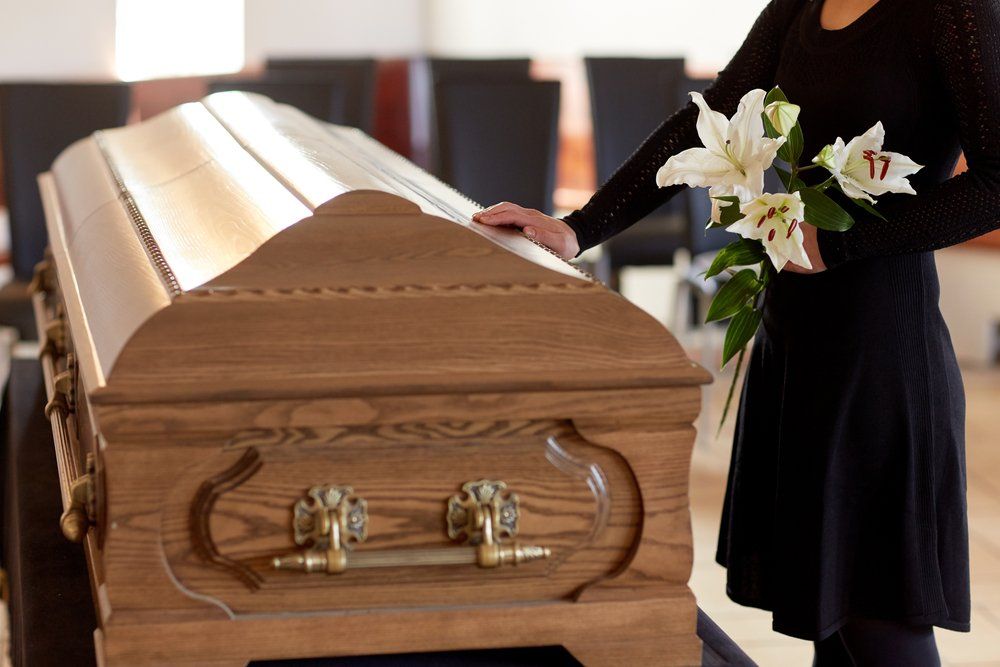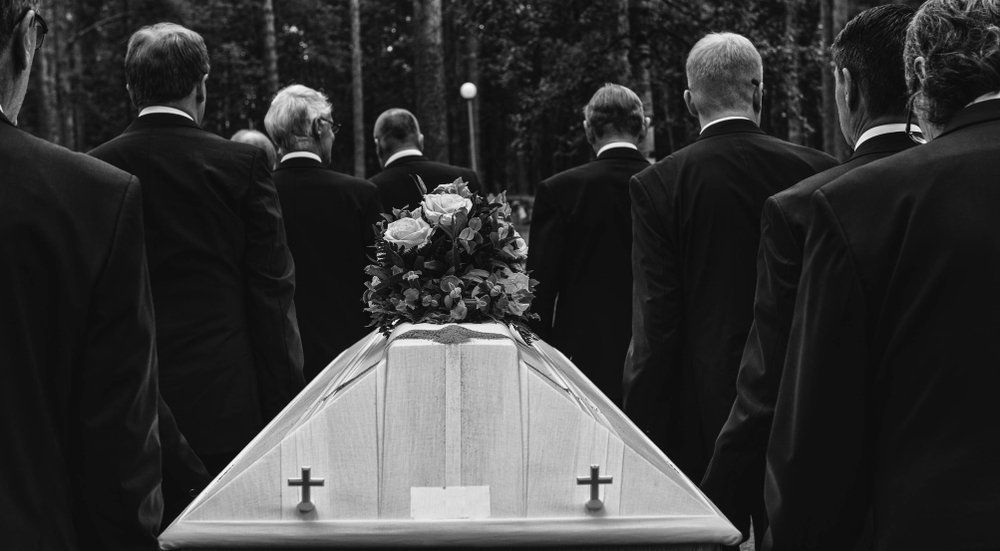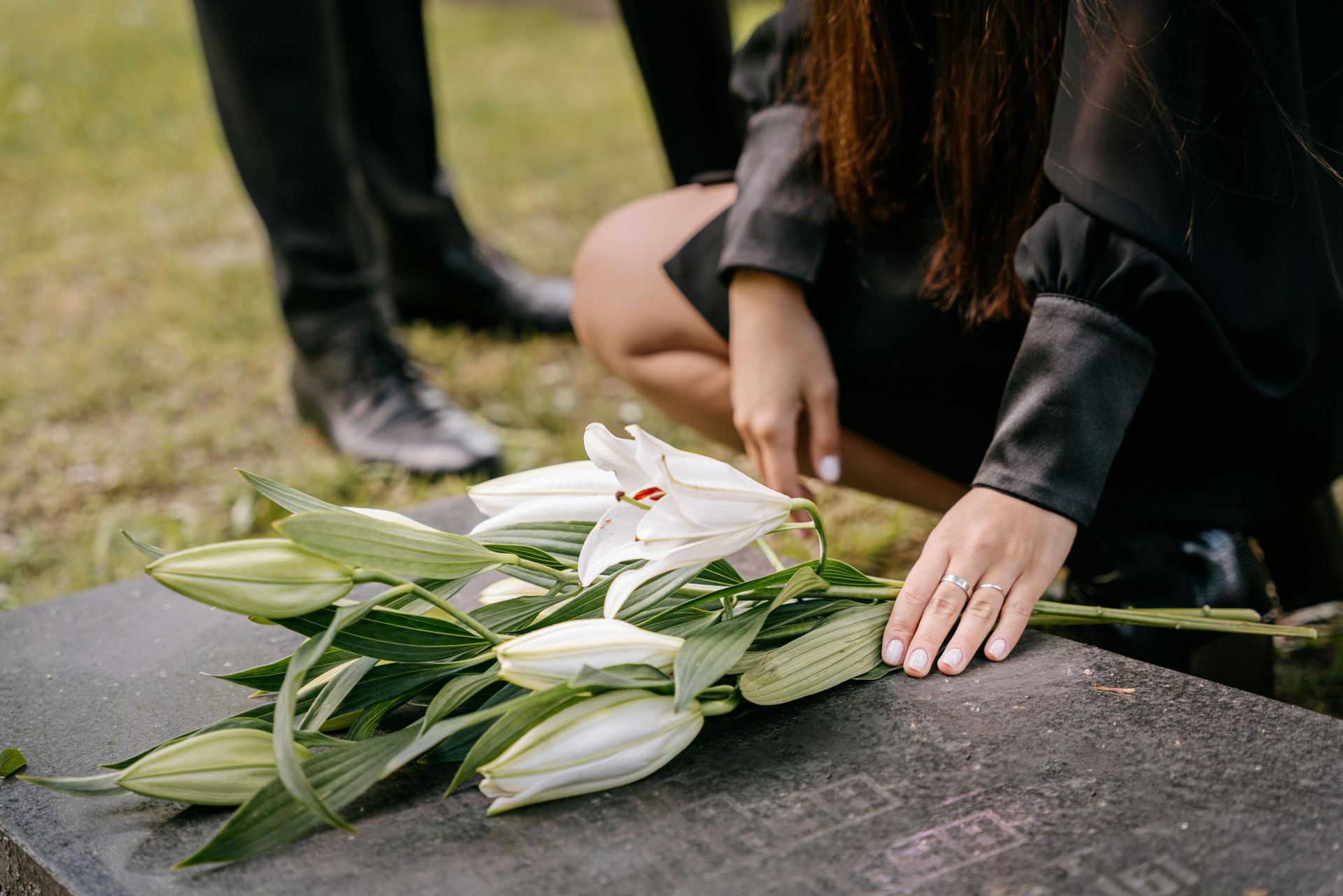What Happens If You Die Abroad?
A Guide to Repatriation, Insurance, Cremation & What Families Should Do
Losing a loved one is never easy, and when a death occurs abroad, the situation can become even more complex. Whether travelling for business, on holiday, or living overseas, it’s important to understand what happens if someone dies in a foreign country, what options are available for repatriation, and what steps families need to take—especially if insurance is not in place.
In this guide, we explain everything you need to know, including:
- How to repatriate a body
- What happens when the deceased has travel insurance
- What to do if there is no insurance
- Cremation abroad vs bringing the body home
- Key legal steps and documentation
- Frequently asked questions
What to Do Immediately After Someone Dies Abroad
If a loved one dies overseas, here’s what you should do straight away:
- Notify the local authorities
Call the local police or emergency services to report the death. You’ll also need to inform the British Embassy or Consulate in the country where the death occurred. They can help with guidance and local procedures. - Obtain a local death certificate
The death must be officially registered in the country where it happened. You’ll need a death certificate issued in the local language, which may later need to be translated and apostilled for UK use. - Contact a funeral director or repatriation specialist
A local funeral director or international repatriation service can help with arrangements—whether you plan to have the deceased cremated locally or transported back to the UK.
If the Deceased Had Travel Insurance
Travel insurance that covers death abroad and repatriation can significantly ease the financial and logistical burden:
- The insurer will typically cover repatriation costs, including embalming, documentation, transport, and even return flights for accompanying relatives.
- Some policies also cover local cremation or burial abroad if that is preferred.
- The insurance company may appoint a local agent or funeral director to assist the family through the process.
Tip: Always check if the deceased had a valid travel insurance policy and contact the insurer immediately.
If There Is No Insurance
If the deceased didn’t have travel insurance:
- The family is responsible for all costs, including repatriation (which can cost between £3,000 and £7,000+), local funeral arrangements, translation services, and legal documentation.
- The British Embassy or Consulate can still provide guidance, but they do not cover any costs.
In such cases, working with a UK-based funeral home that offers repatriation services can help ease the complexity. They can liaise with overseas contacts, arrange flights, and handle the paperwork on your behalf.

How to Repatriate a Body from Abroad
To bring your loved one home to the UK, the following steps are required:
- Register the death abroad and obtain a local death certificate.
- Ensure the body is embalmed according to UK and airline standards.
- Obtain a certificate of embalming and a "free from infection" certificate.
- Apply for a permit to remove the body (if required by the country).
- Arrange for transportation, including an approved zinc-lined coffin.
- Have the documents translated and legalised (apostilled).
- Once back in the UK, register the death with a local Registrar and proceed with the funeral or cremation arrangements.
Can You Be Cremated Abroad?
Yes, it is possible to be cremated in the country where the death occurred. This may be a preferred option if:
- Repatriation is too costly
- The deceased expressed wishes to be cremated
- Local facilities and legal systems allow for it
Once cremation is carried out:
- You’ll need a death certificate, cremation certificate, and certificate of export for ashes
- Transporting ashes back to the UK is usually simpler than repatriating a body, but there are still regulations and documentation required
- Airlines often require ashes to be carried in a non-metal container and kept in hand luggage
Can you register a foreign death in the UK?
Yes. While it’s not legally required, you can register the death with the Foreign, Commonwealth & Development Office (FCDO) in the UK. This provides a UK death certificate that may help with legal or financial matters.
How long does it take to repatriate a body?
Repatriation can take anywhere from 5 to 14 days, depending on the country, local regulations, and whether embalming and paperwork are completed quickly.
Can UK funeral homes help with international arrangements?
Yes. Some funeral directors have experience in arranging repatriation and liaising with overseas embassies, funeral directors, and transport providers to help families bring their loved ones home with dignity.
Get in Touch
If you're facing the loss of a loved one abroad, please don't hesitate to contact us. We’re here to offer reassurance, practical advice, and support—every step of the way.
📞
Call Black Country Funeral Services on
0121 559 9900
📧
Email:
info@blackcountryfunerals.co.uk















